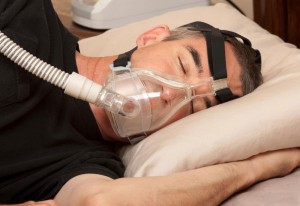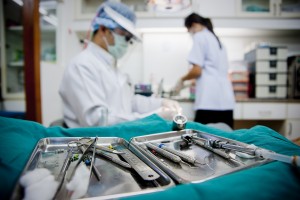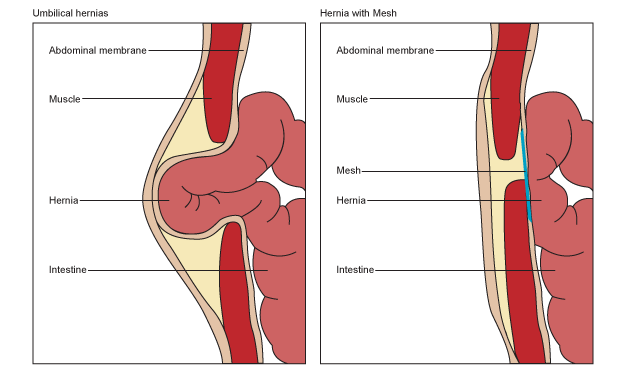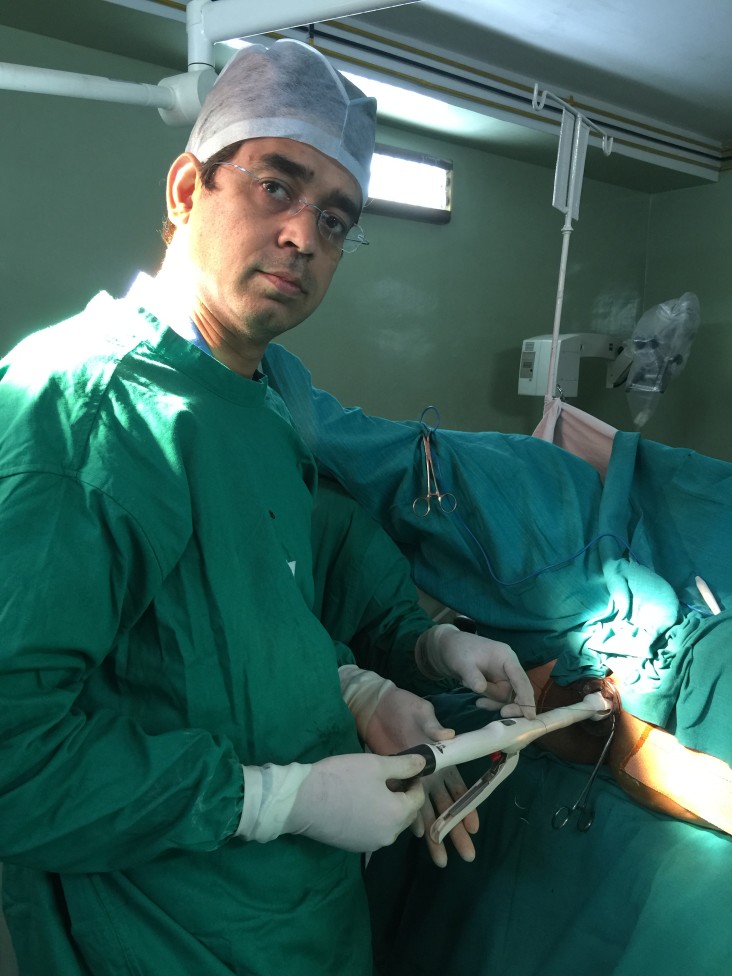Hernias are defects in the abdominal wall because of which organs from within the abdomen tend to come out just below the skin. More than a million patients a year undergo surgery for some kind of hernia.
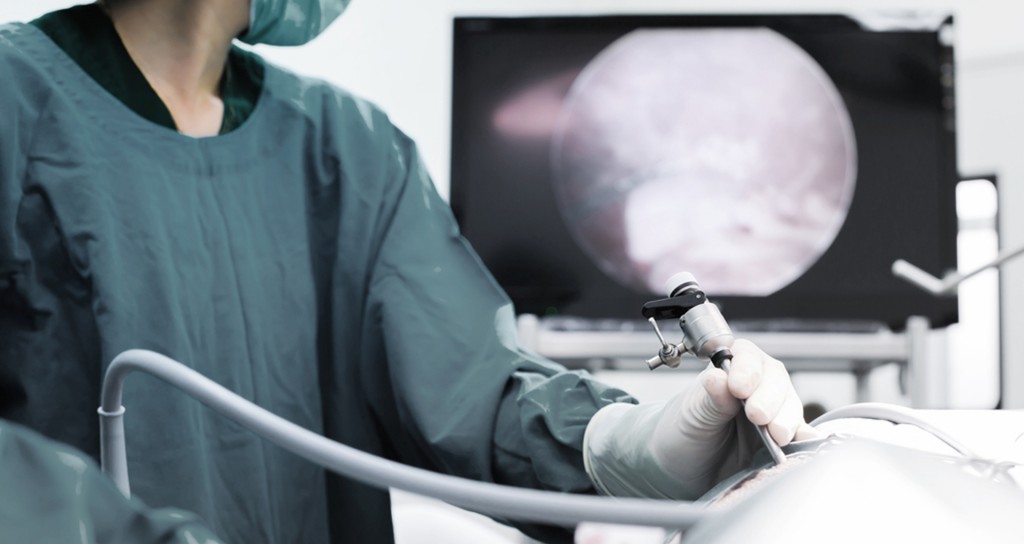
About 80% are so-called inguinal hernias in the groin area. The rest is in the anterior abdominal wall.
The common causes of hernia are:
- Hereditary or linked to weakness in the abdominal wall that may happen at birth when the abdomen lining doesn’t close properly.
- Pregnancy
- Trauma
- Previous surgical incisions.
Hernias don’t go away on their own and tend to get larger and more difficult to repair with time. Worst-case scenario – they become stuck in the groin and cut off the blood supply to the intestine, a potentially life-threatening emergency.
So even if the hernia is not giving you trouble today, it may do so tomorrow. It’s always better to deal with hernias when they are not complicated for best results.
Patients need a surgery to fix their hernia defect. The most common principle of hernia repair is to plug the defect with a mesh (an artificial sheet that mimics human tissue). The can be done by conventional or laparoscopic technique. Of course the laparoscopic technique allows faster recovery and less wound complications. There is also less likelihood of chronic pain.
The cost of surgery is highly dependent on the mesh used. A good mesh may cost anywhere between Rs 25,000 to a Lakh. Although this may sound too much it is true that the comfort level (pain, mobility, etc) with these meshes are better than the cheaper ones.
A hernia repair is good only if it does not fail over time, is painless and does not interfere in the daily movements of the abdomen.
Spending on a good mesh, therefore, for hernia surgery should not be seen as an expenditure but as an investment!

There are two scenarios where this strategy may need different approach, which are as follows:
- Patients with Large Hernia Defects
In the event of a large defect, a mesh plug alone may not be the ideal form of defect repair. Instead the closure of the defect by the patient’s own local muscles along with mesh closure may be the ideal method to ensure not only organ protection but also restoration of abdominal wall. Otherwise, there is a chance of failure and deficient abdominal wall movement.
- Obese Patients
We must also appreciate that if the patient is obese, there is high abdominal pressure that may not allow the mesh to stay in place. Thus, a patient will see the failure of surgery and the possibility of second surgery. These patients should be operated only after weight loss. This may mean dieting or bariatric surgery (laparoscopic solution for obesity).
It is for the above reasons that we have started evaluating thoroughly what will work best for the patient. A single surgery is not the answer to all hernias! We adopt different surgery for different patients. We have operated patients who had surgery multiple times but their hernia repair failed. The secret to good hernia repair is evaluating each patient individually and adopting a different approach.
To ensure taking the right decision, patients need to get well informed before undertaking the hernia surgery. I hope this article helps the reader to do the same.



